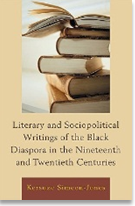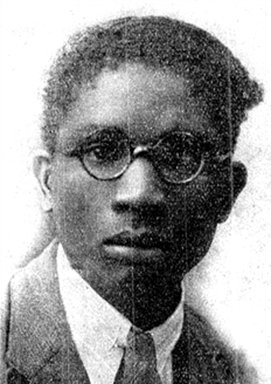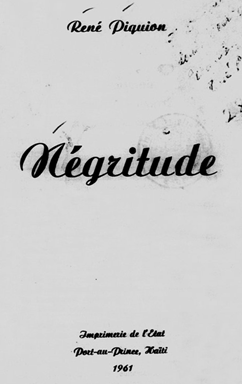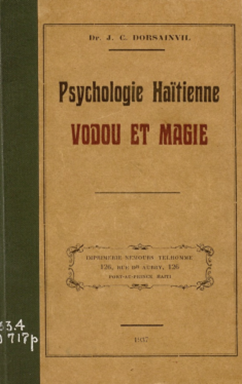 "Black Pride, Black Power" by Kersuze Simeon-Jones, Ph.D.
"Black Pride, Black Power" by Kersuze Simeon-Jones, Ph.D.
Simeon-Jones is Associate Professor of Africana Studies and Francophone Studies at the University of South Florida, Tampa. She is the author of Literary and Sociopolitical Writings of the Black Diaspora in the Nineteenth and Twentieth Centuries (2010).
"Black Pride" is essentially Black self-assertion through the record of history and the preservation of culture. "Black Power" is Black empowerment in all its dimensions, through appropriate education and advancement. The first manifestation of organized Black empowerment in the New World started to take shape during the thirteen-year revolution, which would lead to the creation of the Republic of Haiti. During Toussaint Louverture’s post as Governor General he strove to establish racial equality in Saint-Domingue. However, the structure of a socio-economic hierarchy founded on color remained throughout the country’s history.
At its pinnacle in the 1940s, the Noiriste movement sought to eradicate the color prejudice which created favorable opportunities for mulattoes. The political and social color prejudice that was created during Saint-Domingue’s colonial era—for economic profits—gained new momentum of overt discrimination in the Republic during and after the American Occupation. With the presidency of Elie Lescot (1941—1946) unqualified mulattoes and light-skinned citizens would be chosen over educated and qualified dark-skinned citizens for government posts. Though figures such as François Duvalier would later use the Noiriste philosophy as pure political rhetoric, the initial objectives of Noirisme were akin to the empowerment dimension of the indigéniste movement, the Négritude movement (from a transnational perspective) and later, the Black Power movement in the United States. The call was the categorical denunciation of social and political disenfranchisement of Blacks, of darker complexioned Blacks in the context of Haiti.
In his Lettre ouverte au Dr. René Piquion, Directeur de L’Ecole Normale Supérieure sur son "Manuel de la Négritude" (1967) Dr. Jean Price-Mars expounded on his theory of appropriate education, which he advanced in La vocation de l’élite (1919). Intellectual integrity can only be attained through the study of one’s own history and the valorization of one’s culture. Thus a pedagogical program must be contextualized from the history, the present condition, and the personality of the people it proposes to educate.
The publication of Dr. Jean-Price’s Ainsi parla l’oncle… in 1928, marked the formulation of the values of Africa’s social and religious traditions embedded within Haitian society. In 1937, Dr. J.C. Dorsainvil’s Psychologie haïtienne; vodou et magie—which was delivered in a number of conferences delivered in the USA—demystified the vodou religion abroad; it re-asserted its roots for the Haitians at home. In Psychologie Dr. Dorsainvil delineated the distinction between the Vodou religion and magie, by examining their different positions in Haitian society as well as their respective provenance.


